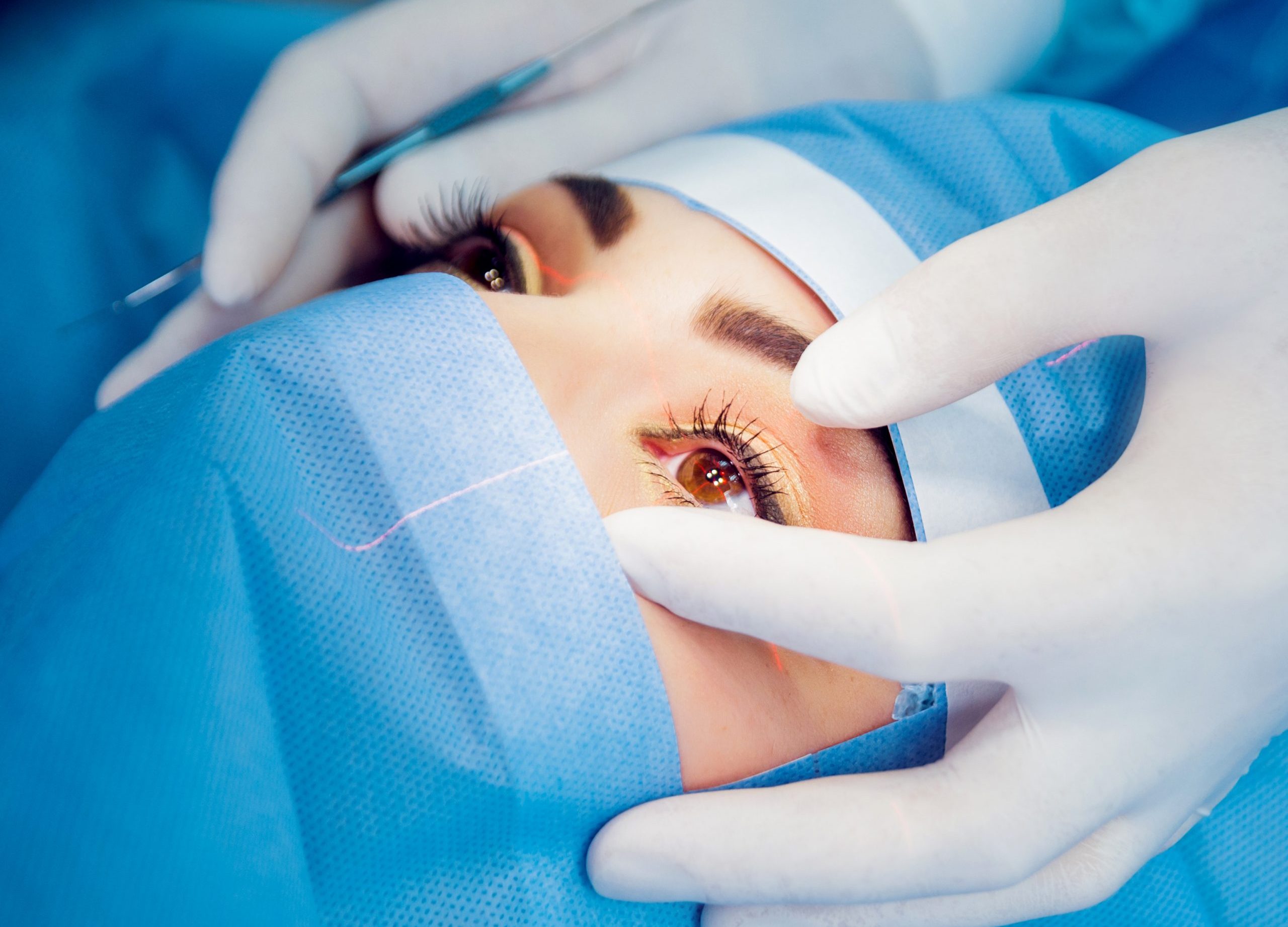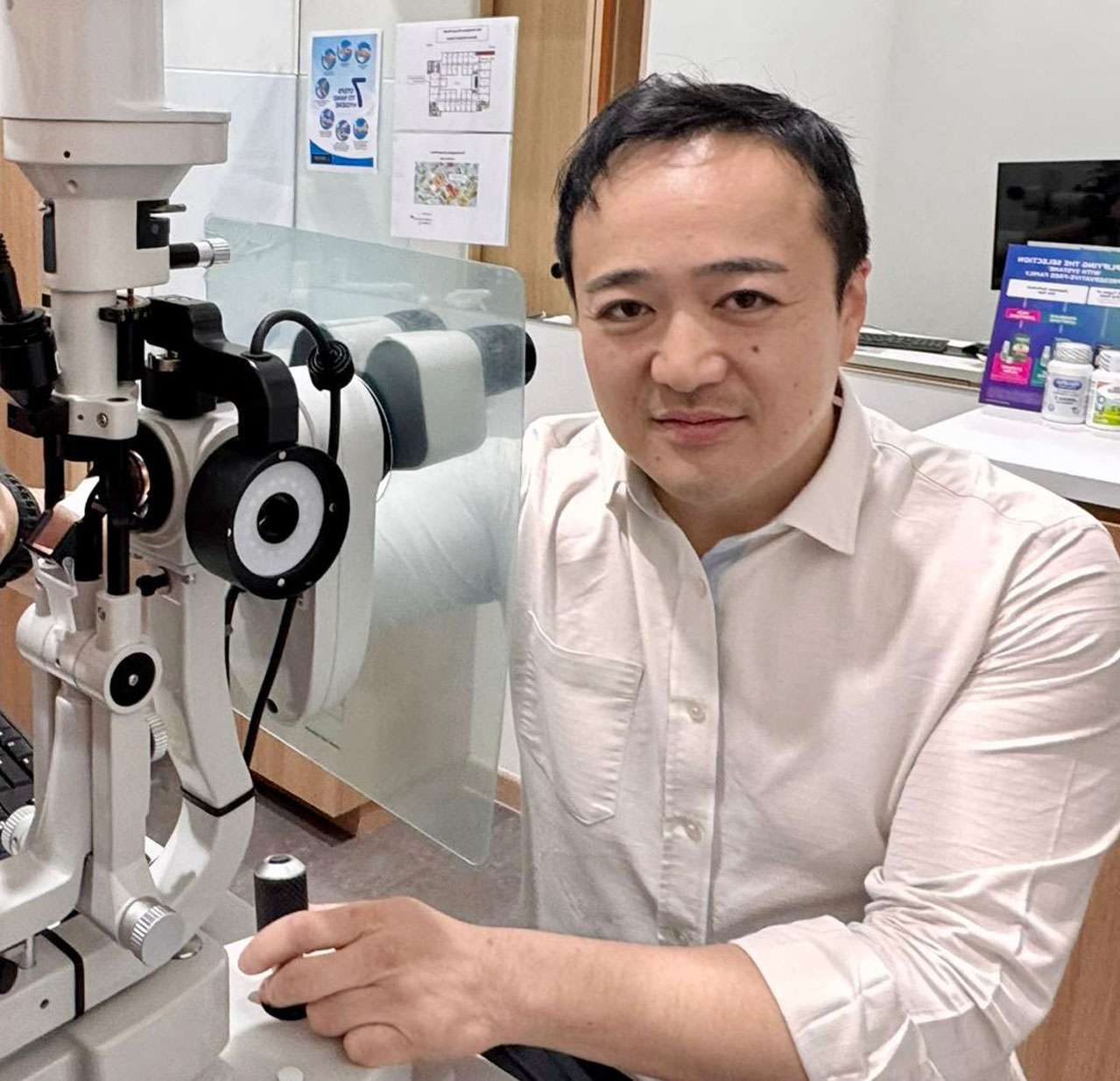Managing Complex Eye Conditions with a Collaborative Approach
When cataracts and retinal issues occur together, it can feel overwhelming, especially when both conditions affect your vision in different ways. Cataracts can blur your sight, while retinal conditions like epiretinal membranes, macular holes, or diabetic retinopathy can distort central vision or cause floaters and light flashes. In such cases, a combined surgical approach may be the most effective way to restore visual clarity and preserve retinal health.
At London Eye & Retina, our integrated team approach means both your lens and retinal concerns are managed with precision and care. If you’ve been diagnosed with a retinal condition and cataracts, we’re here to help you understand your treatment options and support you through every step.
When Do Cataract and Retinal Surgeries Need to Be Combined?
Cataract and retinal surgeries are often performed together when a patient has a visually significant cataract along with a retinal condition that requires surgical treatment. This is commonly seen in cases such as:
- Epiretinal membrane (macular pucker)
- Macular hole
- Retinal detachment
- Diabetic retinopathy or vitreous haemorrhage
Combining procedures can minimise the number of surgeries needed, reduce overall recovery time, and provide better control over the visual outcome.
How Are the Procedures Performed?
- Cataract Removal: The cloudy lens is removed and replaced with an artificial intraocular lens (IOL).
- Pars Plana Vitrectomy: A retinal surgery technique where the vitreous gel is removed to access the retina and perform necessary repairs, such as peeling membranes or treating retinal tears.
This combined approach is usually performed under local anaesthesia as a day procedure, although some cases may require a longer hospital stay depending on the complexity.
Benefits of Combined Surgery
- Single recovery period
- Reduced risk of visual distortion post-cataract surgery in patients with retinal disease
- Better visual rehabilitation when retinal clarity is restored alongside lens clarity
- Avoids delays in treating either condition
Recovery and Follow-Up Care
After combined surgery, visual recovery can take several weeks depending on the severity of the retinal condition. It’s normal to experience some blurring and mild discomfort during the early healing phase. Patients are closely monitored through post-operative visits, and additional treatment such as eye drops or further laser procedures may be needed in some cases.
Is Combined Surgery Right for You?
Combined cataract and retinal surgery is often considered for patients with moderate to advanced cataracts and retinal diseases requiring intervention. It is especially useful when retinal visibility is impaired by a dense cataract, or when delaying retinal surgery could risk permanent vision loss.
Your Eyes Deserve a Coordinated Care Plan
At London Eye & Retina, our cataract and retinal specialists work together to tailor a surgical plan that suits your unique visual needs. By combining expertise in both lens and retinal care, we aim to deliver a smoother recovery and the ideal outcome for your vision.
Schedule a consultation with Dr. James Ng at London Eye & Retina and explore your options for clearer, sharper sight.
Let us help you regain clarity and protect your retinal health.


